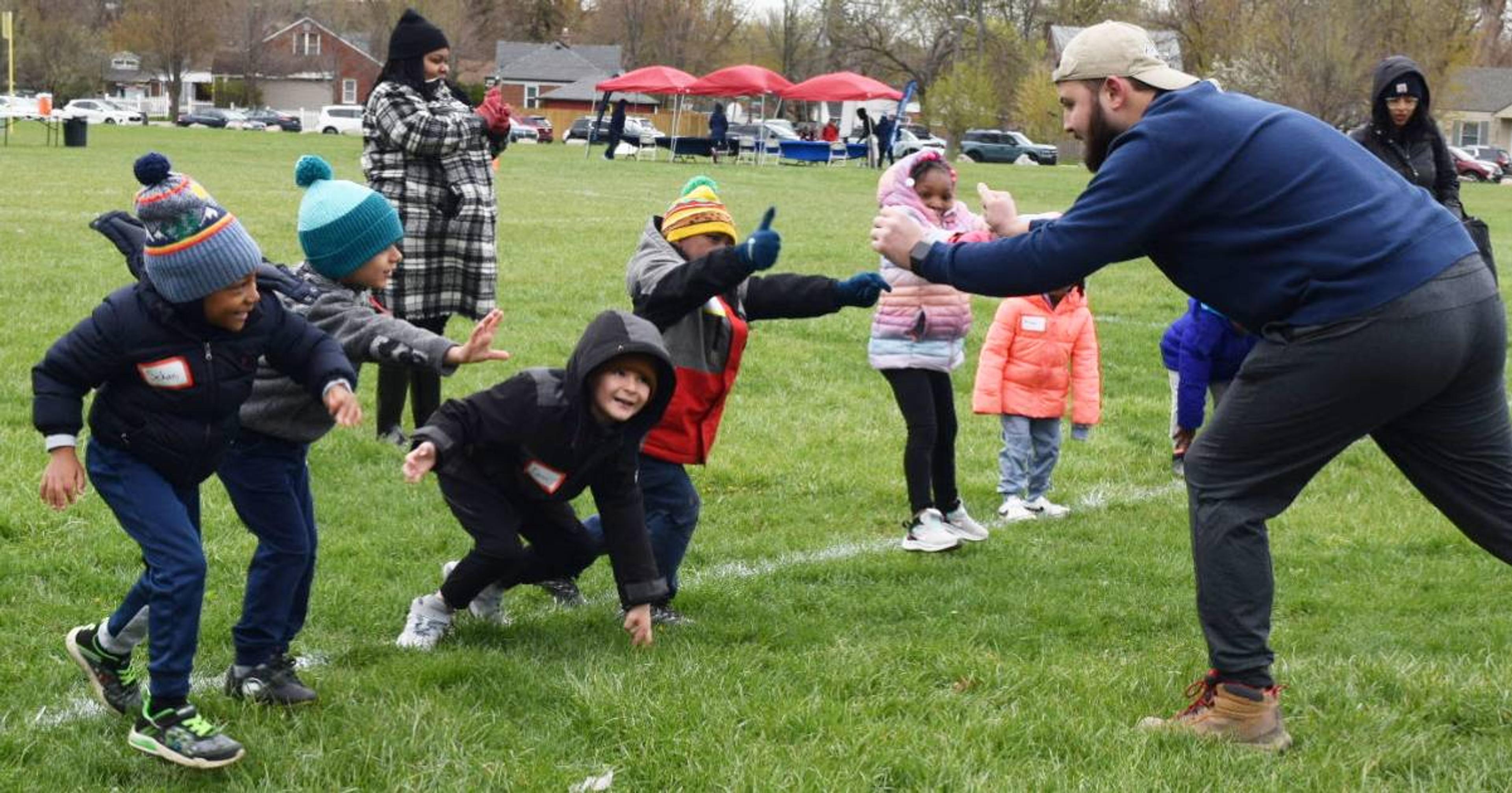Mental Health Grant Funding Available to Help Kids in the U.P.
Julie Bitely
| 3 min read

In March 2020, schools across Michigan were abruptly shut down to halt the spread of COVID-19. Since then, children and teens have had to grapple with different forms of learning, separation from friends and teachers and a disruption to their normal social routines as schools have adapted with varying levels of instruction across the state. Experts worry about the effects the pandemic has had on kids’ mental health. Since April, the Centers for Disease Control and Prevention indicates that mental health-related emergency department visits have increased for all school-age children, compared to 2019 numbers. As the executive director of Great Lakes Recovery Centers, Inc., which provides mental health services in the Upper Peninsula, and president of the Negaunee Public Schools Board of Education, Greg Toutant sees firsthand that more help is needed to reach children who are struggling. “The effects of being disconnected and isolated has had a profound impact on increases in anxiety and depression,” Toutant said.
Addressing kids’ mental health needs in the U.P.
To address the growing mental health needs of youth in the U.P., the Blue Cross Blue Shield of Michigan Foundation and the Superior Health Foundation are partnering to offer $100,000 in grant funding to schools and non-profits. Organizations located in the U.P. can apply for special grant funding through Monday, Feb. 8 by visiting SHF’s website. “We know that crisis situations can have long-term effects on a child’s behavior,” said Jim LaJoie, executive director, Superior Health Foundation. “To that end, we know that with the right support, our children will be in a better position to handle stress and learn effective coping strategies.” Prior to the pandemic, the U.P. was already facing a shortage of behavioral health providers. Toutant is hopeful that non-profits can put plans in place to increase mental health outreach to students and families and customize solutions that will work for different communities in the U.P. “We’re hopeful that opening up additional resources aimed at the mental health needs of children and teens in the Upper Peninsula will result in innovative and evidence-based programming to help counteract some of the negative effects kids have experienced due to the pandemic,” said Audrey Harvey, executive director and CEO, BCBSM Foundation.
Existing problems magnified
A range of factors are contributing to increased mental health concerns among school-age children. Toutant said problems families or students might have had before the pandemic could be magnified with everyone cooped up together. He said school could have been a safe haven for some children and the outlets they’re turning to – video games or social media in some cases – might further harm mental health. There’s also potential for increased anxiety and stress across families, raising the risk for increased exposure to domestic violence. Kids are also missing out on social interactions with their peers, said Amy Poirier, Great Lakes Recovery Centers Foundation coordinator. Online classes don’t allow for the types of one-on-one interactions that might take place and are typically shorter in duration than regular in-person classes would be. “They spend the whole day socializing with their friends in classes and in the halls,” Poirier said. “They don’t get that anymore.” LaJoie is hopeful the projects that are funded can help schools and non-profits tackle the mental health needs of students. “The inability to be social with friends has really compounded this issue and part of it is that many school districts in the U.P. are ill-equipped to deal with it,” LaJoie said. Related:
- Nine Michigan Organizations Receive Suicide Prevention Funding
- Foundation Support Helps NMU Secure $100,000 in Federal Funding
- U.P. Preschool Helps At-Risk Families During Pandemic
Photo credit: Mars Bars





